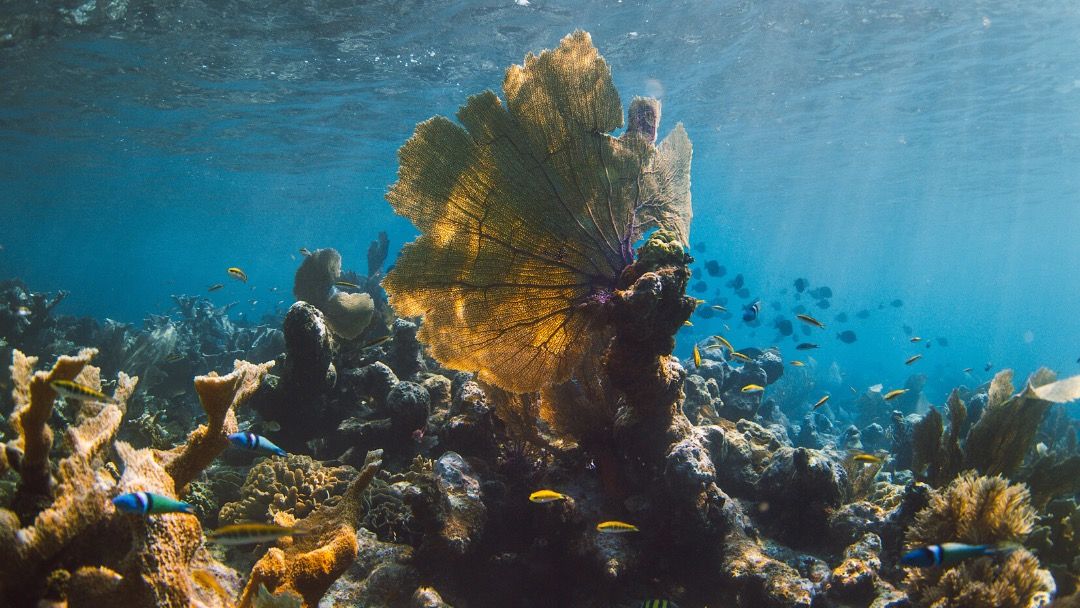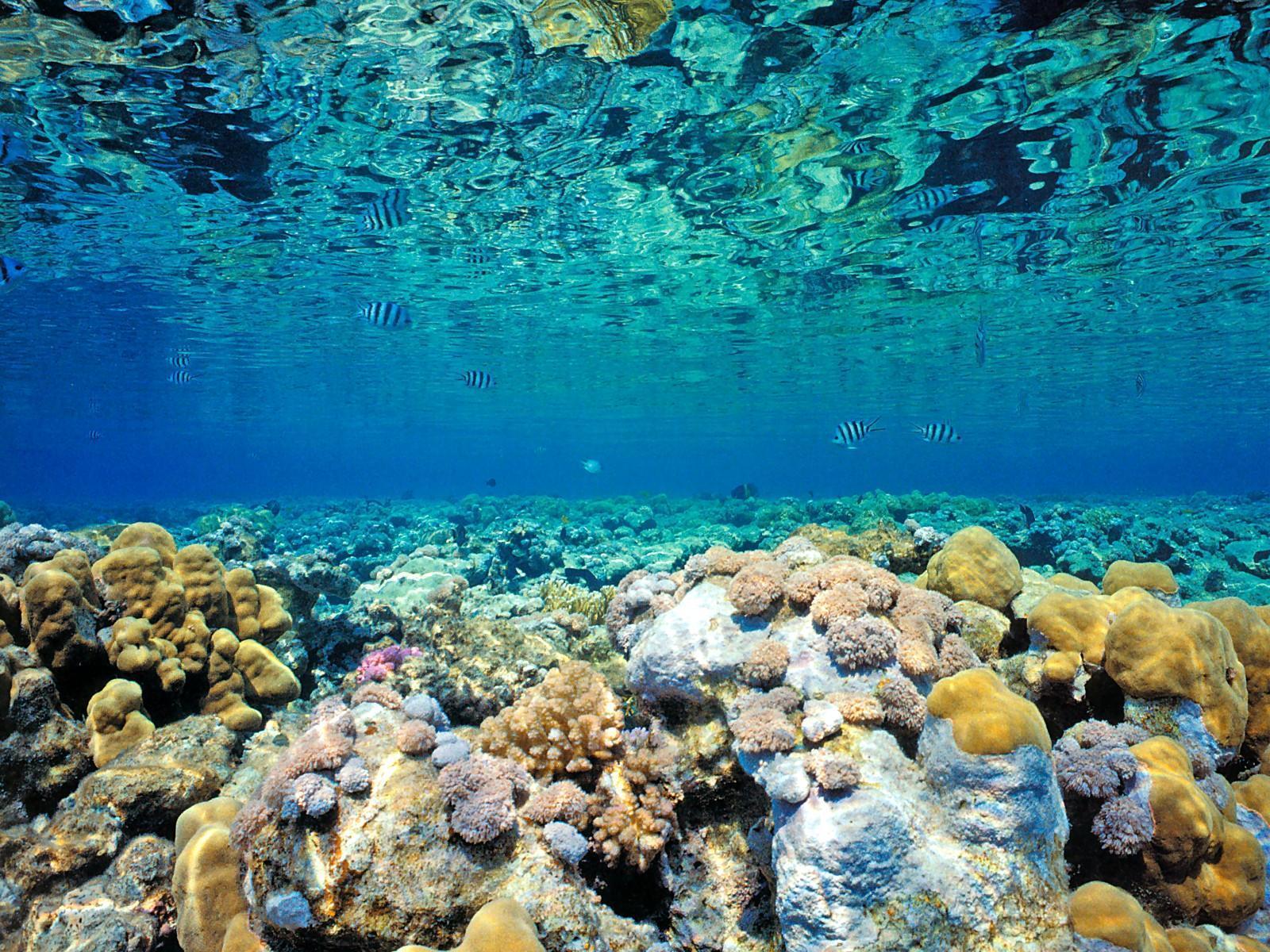We use cookies on our website to give you the most relevant experience by remembering your preferences and repeat visits. By clicking “Accept All”, you consent to the use of ALL the cookies.
World news ,
HOW TO OBSERVE WORLD REEF AWARENESS DAY
Valencia, Spain
HOW TO OBSERVE WORLD REEF AWARENESS DAY
Valencia, Spain











